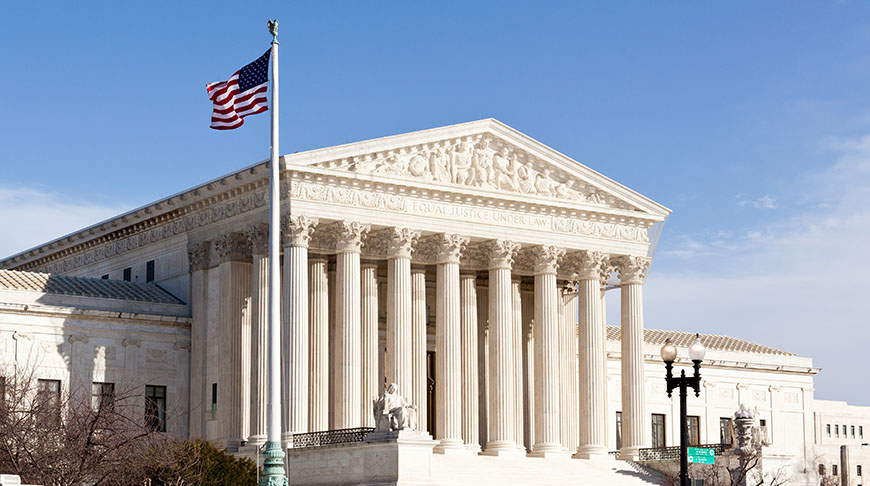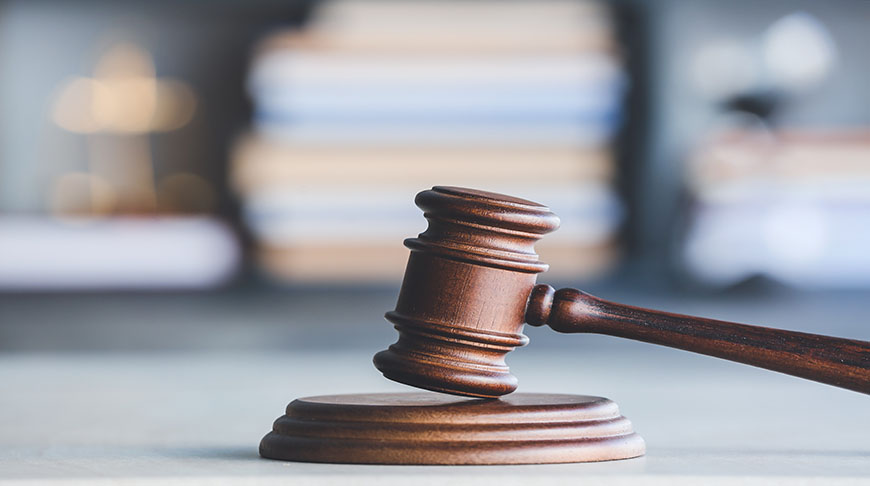Supreme Court Renders Decision in Amgen v. Sanofi: Three Takeaways
- May 18, 2023
- Snippets
The Supreme Court handed down its decision in Amgen v. Sanofi today. In Justice Gorsuch’s unanimous opinion, the Court held that the scope of the claims at issue were much broader than the 26 expressly disclosed antibodies. The Court sees these claims as being like (“bear more than a passing resemblance”) the claims held to be invalid in O’Reilly v. Morse, 15 How. 62, The Incandescent Lamp Patent, 159 U. S. 465, and Holland Furniture Co. v. Perkins Glue Co., 277 U. S. 245. The Court understands Amgen’s claims to attempt to “monopolize an entire class of things defined by their function” even though that class was much broader (“a vast number” of antibodies). Nor was Amgen’s disclosure of a “roadmap” for obtaining other antibodies or reference to “conservative substitutions” persuasive, the Court considering these to “amount to little more than two research assignments.”

While there are many potential consequences of the Court’s opinion in favor of Sanofi, here are three initial takeaways:
- An endorsement of limited claim scope: The decision solidifies the Federal Circuit’s trend of limiting claim scope much more closely to what is expressly disclosed in the specification. In the Court’s view, the statute plainly requires that “[i]f a patent claims an entire class of processes, machines, manufactures, or compositions of matter, the patent’s specification must enable a person skilled in the art to make and use the entire class.” The opinion relies heavily on its own precedent that was heavily cited by both parties in their briefs and arguments, including Morse, Incandescent Lamp, and Holland Furniture.
- Acknowledgement of concerns around disclosure requirements: The Court is careful to address some of the concerns raised by Amgen and its amici that the burdens the disclosure requirements impose if taken to the extreme could inhibit innovation in the biotech and pharma arts. In this regard, the Court states “[a]ll this is not to say a specification always must describe with particularity how to make and use every single embodiment within a claimed class.” But the enablement requirement requires, for example, that the specification also discloses “some general quality . . . running through” the class that gives it “a peculiar fitness for the particular purpose,” as in Incandescent Lamp, and situations where there is some adaptation or testing is needed does not make the disclosure “necessarily inadequate,” as in Wood v. Underhill, 5 How. 1, 4– 5. Under Minerals Separation, Ltd. v. Hyde, 242 U. S. 261, 270–271, the opinion states that “[a] specification may call for a reasonable amount of experimentation to make and use a claimed invention, and reasonableness in any case will depend on the nature of the invention and the underlying art.”
- Future consequences for antibody claims: The Court’s affirmance of the insufficiency of relying on conservative substitutions will certainly have consequences for antibody claims. While Amgen’s claims were particularly broad (having been submitted under earlier case law where enablement for antibody claims was almost assumed provided the antigen was novel), antibody claim scope will be cabined under the Federal Circuit’s test now that the Court has given it its judicial imprimatur.
There’s more to unpack here, but for innovators in the life sciences, this ruling means their claim scope will be more limited and the extent of the disclosure will need to be greater.
The potentially greatest impact will be on the assumption that claims (and disclosure without explicit support) relying on conservative amino acid substitutions will not be upheld unless there is some disclosure showing which amino acids at what positions can be substituted and the amino acids they can be substituted for. That is the type of disclosure that may delay pursuing patent protection (until supporting experiments can be performed) or reduce the scope of claims pursued, resulting in a smaller scope of exclusivity and permitting competition from compounds not significantly different from the innovator’s compound. In view of the costs of bringing complex biologic molecules including antibodies to market the decision could have the consequences warned about by Amgen and its amici in reducing innovation in the form of new therapeutic antibody products.


